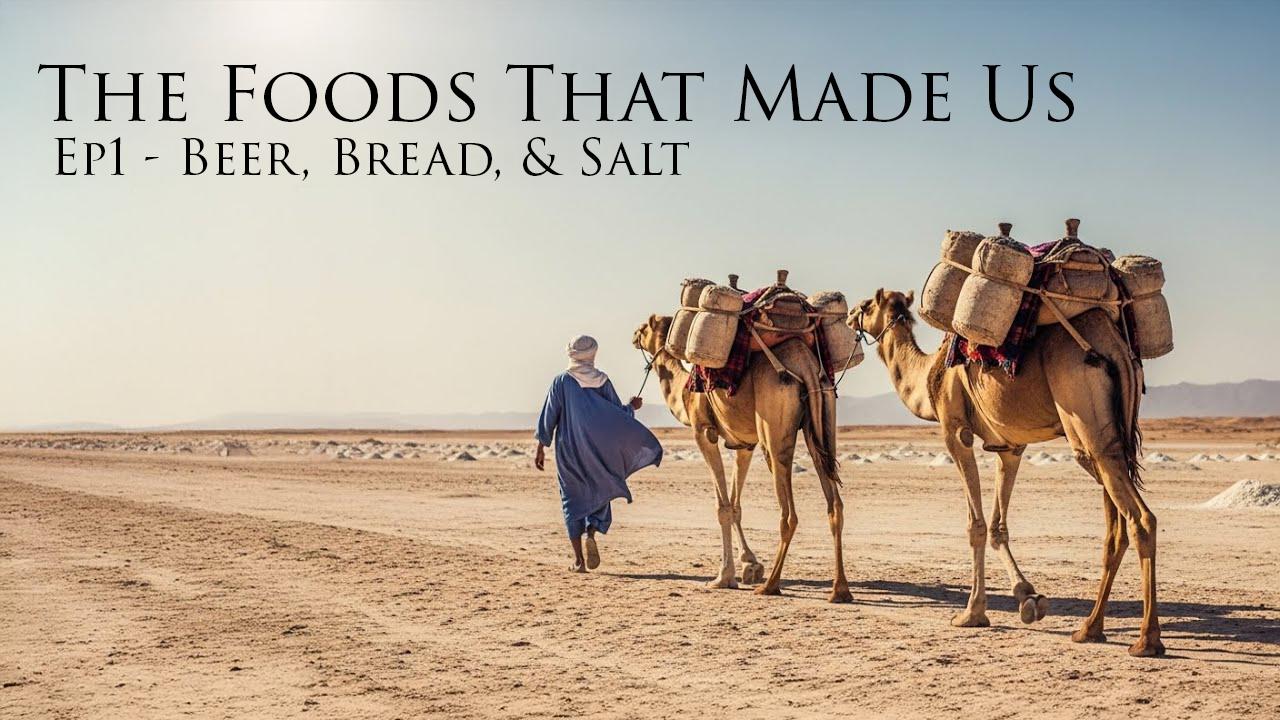
Release Year:
2025
Category:
tvSeries
Genre:
History
The Foods That Made Us is a multi-part documentary series that explores the extraordinary global history of everyday ingredients-through the lens of power, survival, and culture. Each episode is built around three iconic foods, tracing their journeys across thousands of years and dozens of civilizations. Using expert interviews, cinematic reenactments, and immersive visual storytelling, the series reveals how food has not only nourished humanity, but shaped it. The series begins with Episode 1, where salt, bread, and beer take center stage. Viewers are transported to the ancient salt mines of Hallstatt and the grain fields of Mesopotamia, witnessing how the mastery of fermentation and baking sparked urban civilization. We follow workers building the pyramids, paid in beer and bread, and trace how salt became a global commodity and a driver of empire and war. In Episode 2, sugar, chocolate, and coffee transform from sacred offerings into tools of global commerce-and exploitation. We begin with Mayan rituals of cacao, shift to the rise of Caribbean sugar plantations powered by enslaved labor, and explore the birth of the modern café culture. The episode ends with modern ethical sourcing debates that trace back centuries. Later episodes explore potatoes, tomatoes, and corn-foods native to the Americas that reshaped Europe and Asia after colonization. From the Irish potato dependency and famine, to the spread of tomatoes through Italy and the deep symbolism of corn in Indigenous American cultures, these crops tell a story of migration, identity, and resilience. As the series progresses, viewers journey through revolutions fueled by tea and rum, empires built on rice and spice, and innovations like refrigeration and factory processing that turned food into business-and culture into habit. Each story is grounded in historical research, yet filmed with the cinematic polish of prestige television. The Foods That Made Us is not just about what we eat-it's about who we became because of it.